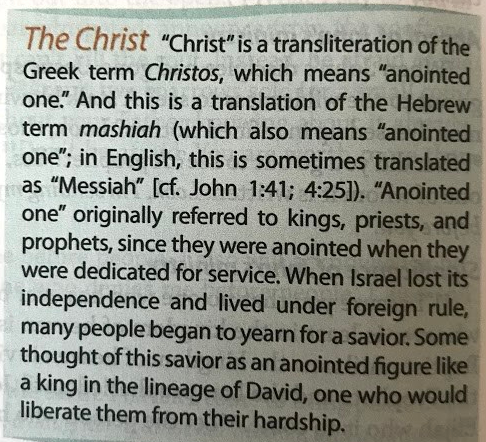I MUST REREAD ECCLESIASTES WHEN THIS IS ALL OVER.
Ecclesiastes 4: The teacher argues that it is actually better for someone to be dead than to be oppressed or the oppressor. However, those who have never existed would be the happiest. Envy is a bad thing that is pointless. Envy is what drives people to work hard because they want things. Being alone is tough to experience. If you are alone then why would you continue to work so hard since you have no one to enjoy the spoils with. Being with at least one person is better than being alone. Being in a group of three or more would be even better. Finally, poverty with wisdom is better than success with ignorance.
Ecclesiastes 5: This chapter begins with the teacher warning us to listen and speak carefully when in God’s house. It is better to listen than to speak without thinking. It is better to not make promises than it is to break a promise. He ends with a discussion of the dangers of oppressing others and of hoarding wealth. It is terrible when one loses all their wealth because they are unable to pass it on.
As with an earlier chapter, I just want to include some direct verses here and move on:
18 This is the one good thing I’ve seen: it’s appropriate for people to eat, drink, and find enjoyment in all their hard work under the sun during the brief lifetime that God gives them because that’s their lot in life. 19 Also, whenever God gives people wealth and riches and enables them to enjoy it, to accept their place in the world and to find pleasure in their hard work—all this is God’s gift. 20 Indeed, people shouldn’t brood too much over the days of their lives because God gives an answer in their hearts’ joy.
It seems like the message here is that all good joys are a direct result of God wanting us to be happy so God gives us those things. I will have to come back to this book at a later time.
Ecclesiastes 6: This chapter goes on about how pointless our lives are and how we all end up in the same place: dead. As long as people aren’t content with what they have, they will never be happy and thus live a completely pointless life. The teacher argues that it is “better to enjoy what’s at hand than to have an insatiable appetite. This too is pointless, just wind chasing” (6:9).
He then ends with a reference to how all things are already decided for us no matter what we do. This flies in the face of the whole “free will” argument. Definitely something I want to explore further.
Matthew 11: I don’t have a lot to say about this chapter. Jesus recognizes the importance of John the Baptist and his ministry. He condemns two cities (Bethsaida and Capernaum) because they didn’t fix their transgressions after he did some miracles there. He then talks about how no one will be able to know God like him and no one will know him like God. I thought this sidebar was interesting (p. 26 NT):

